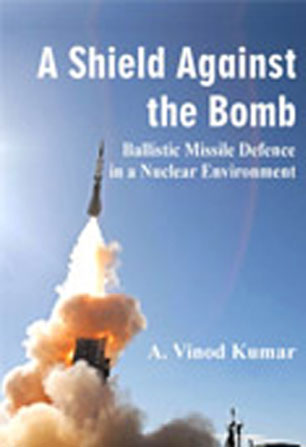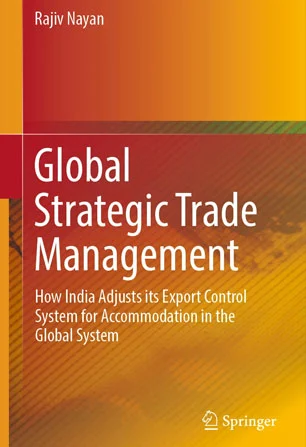Implementing the Indo-US. Nuclear Deal: A Pyrrhic Struggle
Two rounds of negotiations have been held between Indian and US officials to negotiate implementing the Indo-US nuclear agreement, embedded in the Joint Statement issued by Prime Minister Manmohan Singh and President George W Bush on July 18, 2005. Foreign Secretary Shyam Saran's talks with Under Secretary of State for Political Affairs Nicholas D Burns in Washington last week was the second round.
- P. R. Chari
- January 05, 2006








